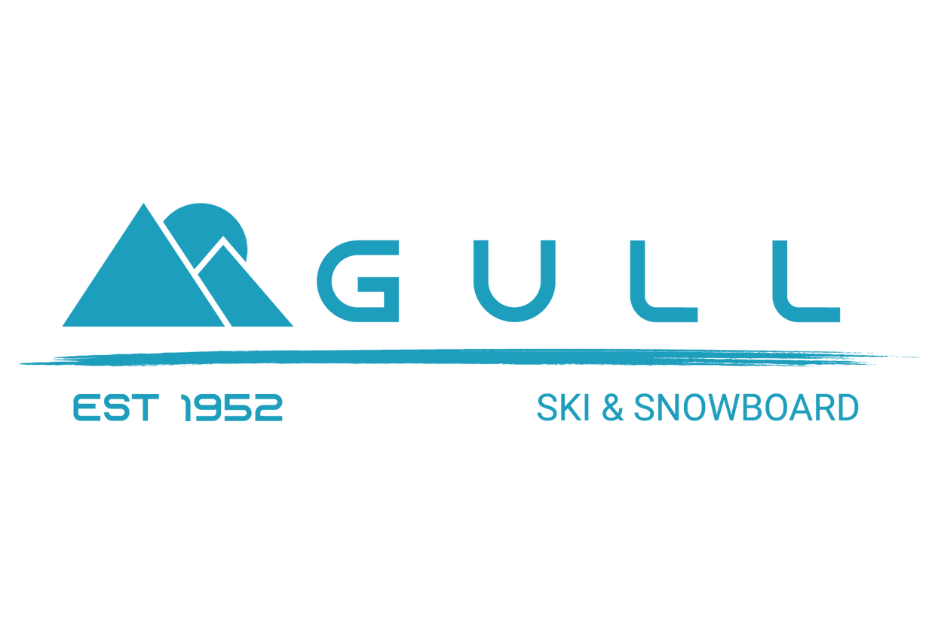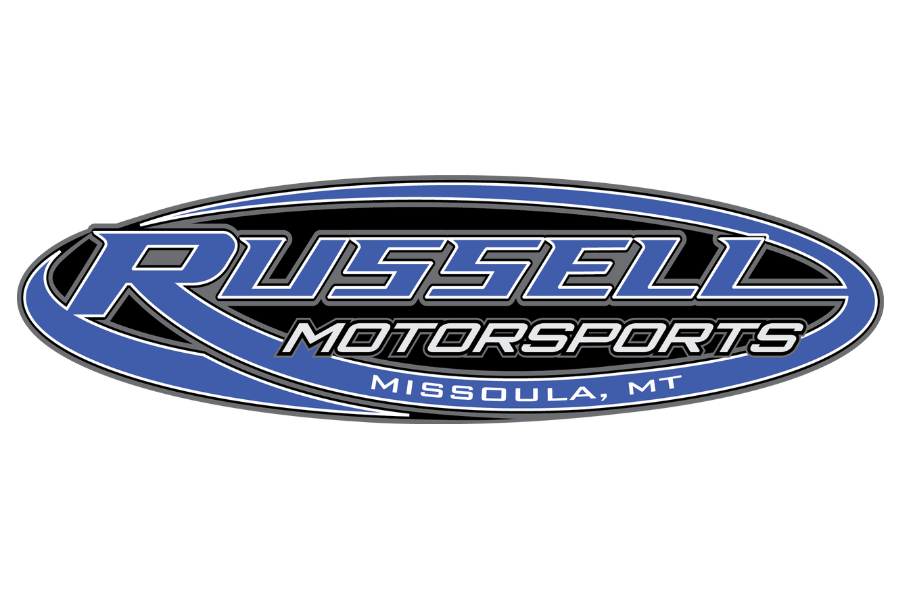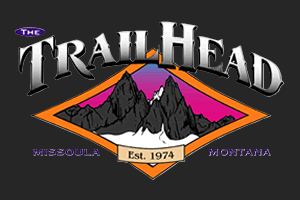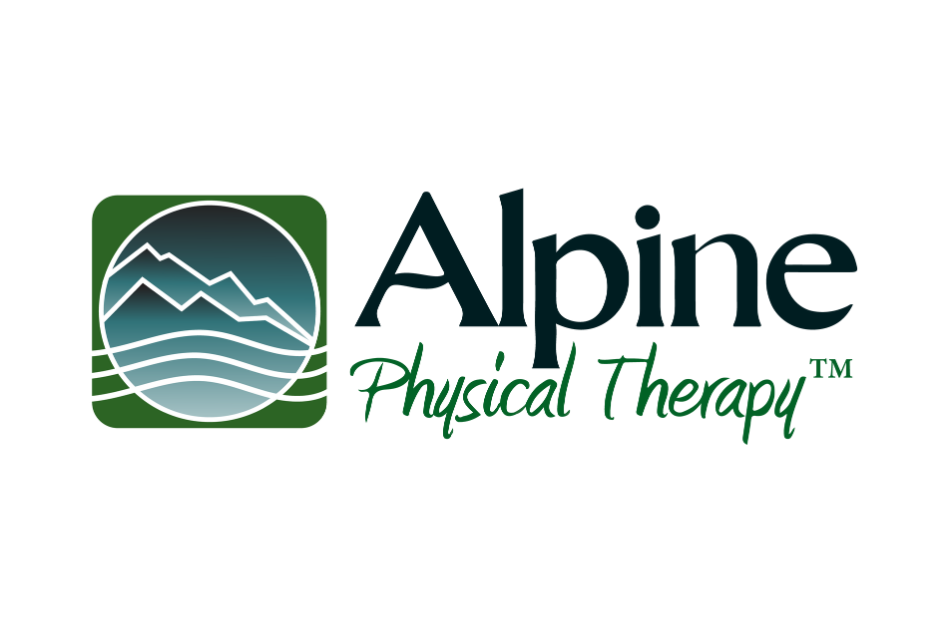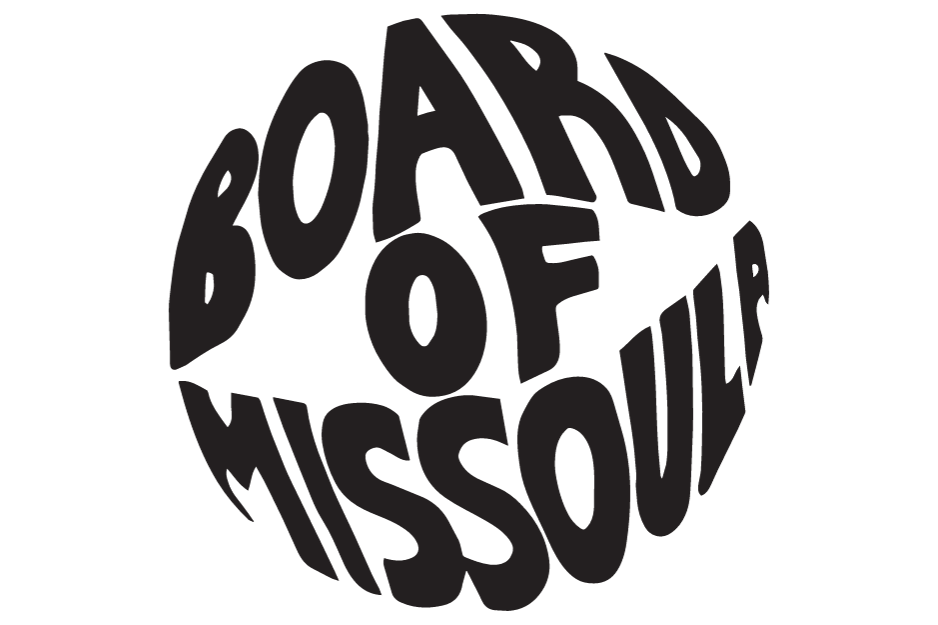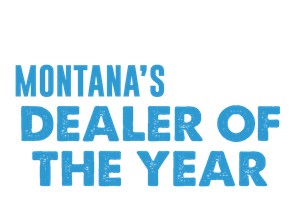Course Description
Format:
3 day/24 hours of instruction (classroom + field) with the Mountain Riding Lab
70/30 field/classroom split, this course emphasizes riding time and teaches the fundamental aspects of the AIARE risk management process and decision making with respect to backcountry snowmobiling and snow biking in avalanche terrain.
Date | Location:
2.21.20 Classroom Component | Seeley Lake, Montana (location TBA)
2.22.19 – 2.23.19 Field Component | Seeley-Swan Backcountry
Price: $495.00
Motorized Avalanche Level 1
The motorized level 1 course is designed specifically for snowmobilers and snow bikers. This course focuses on developing a solid foundation in avalanche knowledge and how it applies it to mountain riding. With an emphasis on riding time motorized instructors cover systematic approaches for sorting and prioritizing information in the complex environment of decision-making in the backcountry. Forty percent of the course is classroom based and the other sixty percent is field based. Participants will travel in the backcountry, in and around mountainous avalanche terrain. Snowmobiles and snow bikes will be used in class to access terrain. This is the essential course for any backcountry snowmobiler. Topics covered include preparation, planning, and execution of a backcountry ride based on avalanche conditions, avalanche terrain identification, hazard mitigation and safe travel techniques; weather, snowpack, and stability analysis; and avalanche rescue techniques. All participants receive an AIARE 1 certification after completion. Participants should be prepared to ride off trail in powder and varied snow conditions.
Pre-Registration Required. Maximum 12 students.
This course – along with Avalanche Rescue – is a pre-requisite for Level 2 or Pro 1.
This course focuses on the following:
- Basic avalanche terminology
- Recognizing avalanche terrain
- Travel procedures in avalanche terrain
- Formation of the mountain snowpack
- How weather changes the snowpack
- Human factors and how they can influence decision-making
- Interpreting the avalanche forecast and advisory
- Tour planning
- Avalanche transceiver use and rescue skills
- Field observations of terrain, snowpack, and weather
- Use and interpretation of stability tests
- Implementing systems for prioritizing information, working as a team, and minimizing possible human factor traps
- Classroom decision-making scenarios to practice use of the checklist
- Next steps
Recommended Reading
- Snow Sense, Jill Fredston & Doug Fesler
- Staying Alive in Avalanche Terrain, Bruce Tremper
- Avalanche Essentials, Bruce Tremper
Additional Information
Participants must have:
- snowmobile or snow bike (reliable and appropriate for mountain riding)
- avalanche rescue gear (beacon, shovel, probe)
- backpack (airbag pack optional)
- DOT approved helmet
- the ability to ride off trail in varied terrain and deep snow
Still have questions? Please feel free to contact us.
Sorry, this course is full. Please visit the education page for upcoming events and additional course offerings.
